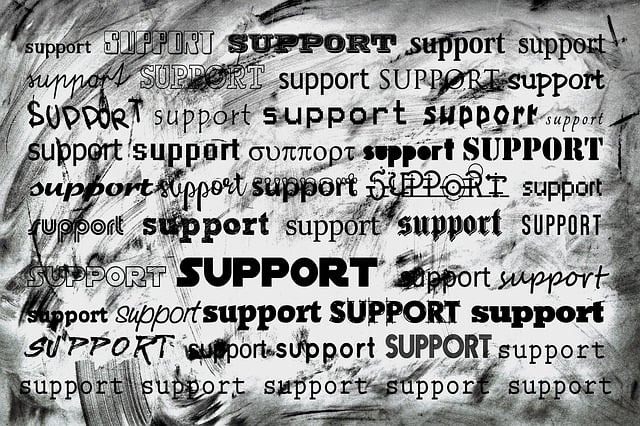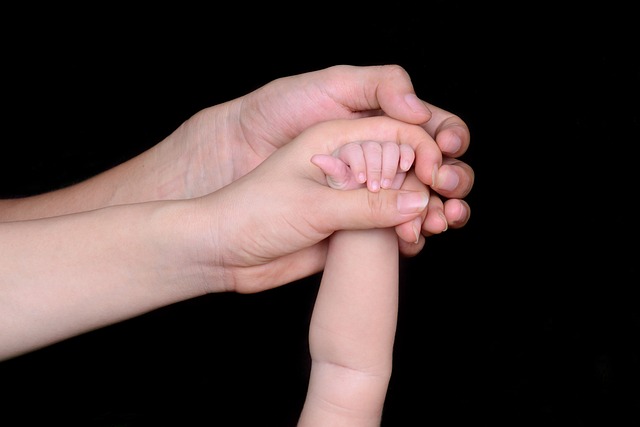Oregon's child welfare system, led by the Department of Human Services (DHS), is supported by diverse legal aid programs, including Oregon Legal Assistance (OLA). These services cater to low-income families, victims of domestic violence, and those facing termination of parental rights, ensuring their rights are protected under Oregon law. OLA offers free, confidential assistance for various civil legal matters, including family law and child welfare cases, helping parents navigate complex procedures and achieve positive outcomes. This robust network of support fosters a more equitable and supportive child welfare system in Oregon.
In Oregon, ensuring the well-being of children is paramount, and understanding the state’s child welfare system is crucial. This comprehensive guide delves into Oregon’s legal support network for families, offering a detailed overview for parents and guardians. From eligibility criteria to various services, we explore how to access critical legal aid. We also highlight common challenges and success stories, along with valuable resources, providing a holistic view of Oregon legal assistance for child welfare issues.
- Understanding Oregon's Child Welfare System: An Overview
- Eligibility Criteria for Legal Assistance in Oregon
- Types of Services Offered: From Legal Advice to Representation
- How to Access Oregon Legal Aid for Child Welfare Issues
- Common Challenges and Case Studies: Success Stories
- Resources and Support Networks for Parents and Guardians
Understanding Oregon's Child Welfare System: An Overview

Oregon’s child welfare system is designed to protect and support vulnerable children and families, ensuring their safety and well-being. It involves a complex network of agencies, professionals, and legal processes working together. Understanding this system is crucial for anyone involved or seeking Oregon legal assistance regarding child welfare matters.
The state’s Department of Human Services (DHS) plays a central role in administering the child welfare services. They receive reports of suspected abuse or neglect, conduct investigations, and make decisions on case management. When necessary, DHS may remove children from their homes and place them in foster care while working with families to resolve the issues leading to intervention. Legal assistance is an integral part of this process, ensuring that all parties’ rights are protected under Oregon law.
Eligibility Criteria for Legal Assistance in Oregon

In Oregon, individuals and families involved in child welfare cases may be eligible for legal assistance through various programs designed to ensure their rights are protected. The first step is determining eligibility, which often hinges on income levels and the nature of the case. Low-income families, including those receiving public benefits or facing financial hardships, are typically prioritized. Oregon Legal Assistance offers services to those who cannot afford an attorney, focusing on civil legal matters that impact daily life, such as family law cases involving children.
Additionally, specific criteria apply for particular types of assistance. For instance, victims of domestic violence or human trafficking may qualify for free legal representation through specialized programs dedicated to protecting their rights and securing safe custody arrangements for their children. Eligibility also extends to those facing termination of parental rights, adoption proceedings, or other critical child welfare issues. These services aim to provide equal access to justice, ensuring all parties involved have the support they need during challenging legal processes.
Types of Services Offered: From Legal Advice to Representation

In Oregon, child welfare legal support comes in various forms, designed to cater to different needs and stages of a case. Services range from providing crucial Oregon legal assistance during the initial consultation phase, where parents or guardians can understand their rights and obligations under the state’s child welfare laws. This initial advice is vital for navigating the complex processes that follow.
For more involved cases, representation by a qualified attorney specializing in Oregon legal assistance for child welfare issues is available. This representation extends to court appearances, advocating for the best interests of children involved, and ensuring their rights are upheld throughout the legal process.
How to Access Oregon Legal Aid for Child Welfare Issues

In Oregon, individuals facing child welfare issues can access legal aid through various services dedicated to ensuring justice and support for all involved parties. The first step is to reach out to Oregon Legal Aid, a non-profit organization that provides free and confidential legal assistance to low-income Oregonians. They offer comprehensive services covering a range of civil legal matters, including family law and child welfare cases.
Eligible individuals can schedule consultations or request representation for their specific needs. The organization has a network of attorneys and legal professionals who specialize in these areas, ensuring those navigating complex child welfare proceedings receive expert guidance. Oregon Legal Aid’s support is vital in helping parents, guardians, and children understand their rights and navigate the legal system effectively.
Common Challenges and Case Studies: Success Stories

In navigating complex Oregon child welfare legal matters, families often face significant challenges. Common issues include understanding intricate laws and procedures, gathering necessary documentation, and effectively communicating with caseworkers and lawyers. These hurdles can be particularly daunting for vulnerable populations, such as low-income families and those from diverse cultural backgrounds.
Despite these obstacles, numerous success stories emerge from Oregon’s legal assistance landscape. Case studies highlight the positive outcomes achieved through dedicated legal support services. For instance, successful representation has led to safe reunifications for separated children, improved living conditions, and empowered parents to advocate for their rights. These triumphs demonstrate the crucial role of Oregon legal assistance in safeguarding the well-being of children and families, ultimately fostering a more supportive and equitable child welfare system.
Resources and Support Networks for Parents and Guardians

In Oregon, parents and guardians facing child welfare issues can access a range of resources and support networks to help them navigate complex legal systems. Many non-profit organizations and community groups offer free or low-cost legal assistance tailored to family law matters. These organizations often have attorneys who volunteer their time to provide advice, representation, and guidance to those who might otherwise struggle to afford legal counsel.
Oregon Legal Assistance (OLA) is a primary resource for individuals seeking pro bono legal services. OLA connects parents with lawyers who can help them understand their rights, prepare for court appearances, and advocate on their behalf. Additionally, local bar associations and legal aid societies often have referral programs that direct families to suitable legal resources based on their specific needs. These support networks are vital in ensuring that all parents have access to the representation they need during challenging child welfare proceedings.
